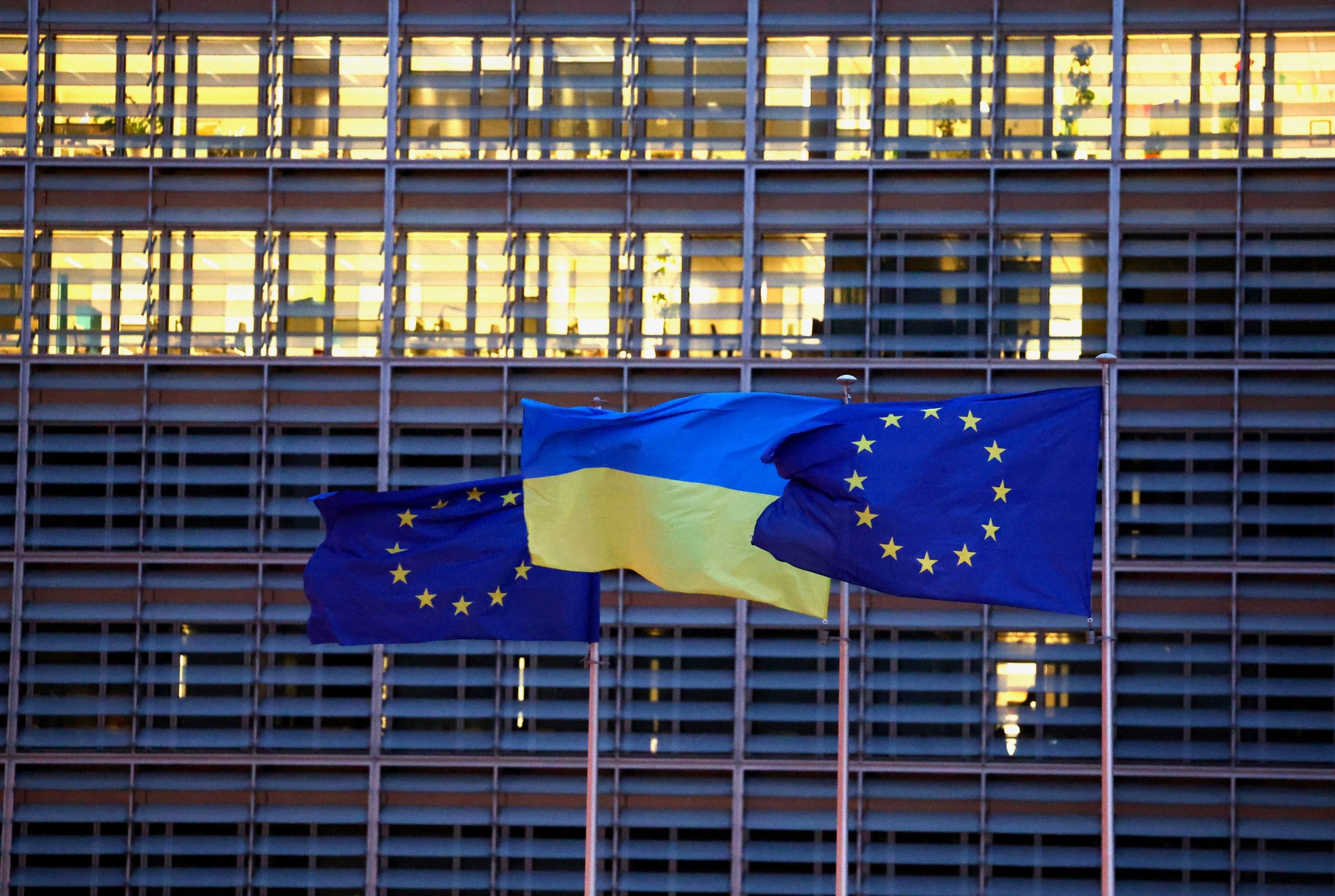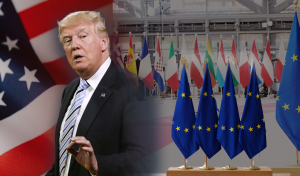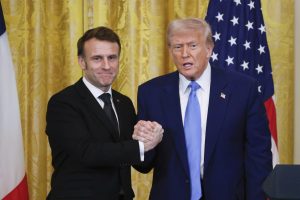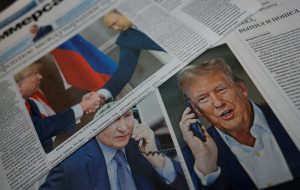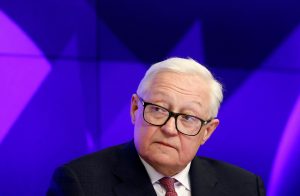As the United States and Russia move towards a swift resolution of the Ukraine conflict—one that deliberately avoids assigning blame to Moscow—Europe finds itself at a dangerous crossroads. Recent developments, including a proposed U.S.-Ukraine mineral rights deal and a United Nations resolution aiming to end the war without holding Russia accountable, could have serious repercussions for the continent. If such an agreement materializes, Europe may be left with both the moral burden and the economic bill for Ukraine’s future, at a time when it is least prepared to shoulder it.
A Deal That Leaves Ukraine Vulnerable
Reports indicate that Ukraine is negotiating an agreement granting U.S. companies access to its vast reserves of critical minerals—including rare earth elements essential for modern technology—in exchange for economic support. While this deal could provide much-needed financial relief to Ukraine, it does little to address its long-term security needs. More concerningly, it suggests that Washington is shifting its focus from military aid to economic arrangements, a move that signals an impending diplomatic settlement that may not serve Ukraine’s interests.
At the same time, a proposed UN resolution seeks to end the war without explicitly assigning blame to Russia. While ending the conflict is an understandable goal, failing to hold Moscow accountable undermines international law and emboldens authoritarian regimes worldwide. It sets a dangerous precedent where aggressors can rewrite the rules of engagement simply by outlasting global outrage.
Trump’s Foreign Policy: Beyond Realism, Toward Immoral Realpolitik
A crucial element in this unfolding drama is Donald Trump’s foreign policy in his second term. While many expected a return to traditional realist principles—which emphasize pragmatic power politics over ideology—Trump’s approach appears closer to an amoral version of realpolitik, where morality, alliances, and long-term strategic stability are sacrificed for immediate gains. His willingness to cut deals with adversaries while sidelining allies has raised alarm bells across Europe.
Trump’s handling of Ukraine reflects this pattern. His administration’s negotiations with Russia, conducted largely without European input, prioritize ending U.S. involvement over ensuring a just peace. This stance not only weakens NATO cohesion but also signals to other autocratic leaders that territorial aggression can yield favorable outcomes with minimal consequences.
Europe’s Coming Crisis: Stuck with the Bill
If a settlement emerges that absolves Russia of blame, Europe will bear the brunt of its consequences. The reconstruction of Ukraine is estimated to cost between $500 billion and $1 trillion. With the U.S. likely to scale back financial commitments, the burden will fall disproportionately on Europe. This is a crisis in the making.
The European Union is already struggling with sluggish economic growth, high inflation, and energy insecurity. If forced to foot the bill for Ukraine’s recovery while maintaining its own struggling economies, Europe will face a near-impossible choice: provide massive aid to Ukraine at great economic cost, or reduce assistance and risk accusations of abandoning Ukraine in its hour of need. Either path carries significant political and economic risks.
The Geopolitical Cost of Inaction
Beyond economics, the diplomatic consequences of an unfair settlement could be even more severe. A peace deal that effectively rewards Russia’s aggression would send a chilling message: military force remains an effective tool of territorial expansion. This could embolden not only Russia but also China, which is closely watching Western responses to the war in Ukraine.
For Europe, this would mean a fundamental shift in its security landscape. NATO deterrence could be weakened, and Eastern European states would feel increasingly vulnerable. The EU’s credibility as a defender of international law and democratic values would be severely undermined, leaving it struggling to maintain global influence.
What Can Europe Do?
With so much at stake, Europe cannot afford to be a passive observer. A comprehensive strategy is needed to navigate this precarious situation:
- Assert a Stronger Diplomatic Role: European leaders must insist on a seat at the table in any peace negotiations, ensuring that Ukraine’s security and sovereignty remain central to the deal.
- Prepare for the Economic Challenge: The EU must begin planning for Ukraine’s reconstruction with a sustainable financial strategy, possibly through new funding mechanisms and stronger coordination with global partners.
- Strengthen European Security: A weakened transatlantic relationship necessitates greater European self-reliance in defense, including bolstering military capabilities and reducing energy dependence on adversarial nations.
- Stand Firm on Principles: Europe must resist any agreement that undermines international law by failing to hold Russia accountable. Compromising on this principle would not only damage Europe’s credibility but also encourage future acts of aggression.
A Defining Moment for Europe
The coming months could reshape Europe’s role in global affairs. If the U.S. and Russia move ahead with a deal that sacrifices accountability for expediency, Europe must be ready to respond decisively. Otherwise, it risks being left with an enormous financial burden, a diminished geopolitical standing, and a long-term security crisis on its doorstep.
This is not just about Ukraine. It is about whether Europe will allow its future to be dictated by others—or whether it will take charge of its own destiny.
Dr. Nikolaos Lampas is the Program Coordinator for IREA Program and Assistant Professor in International and European Affairs at Deree – ACG.
